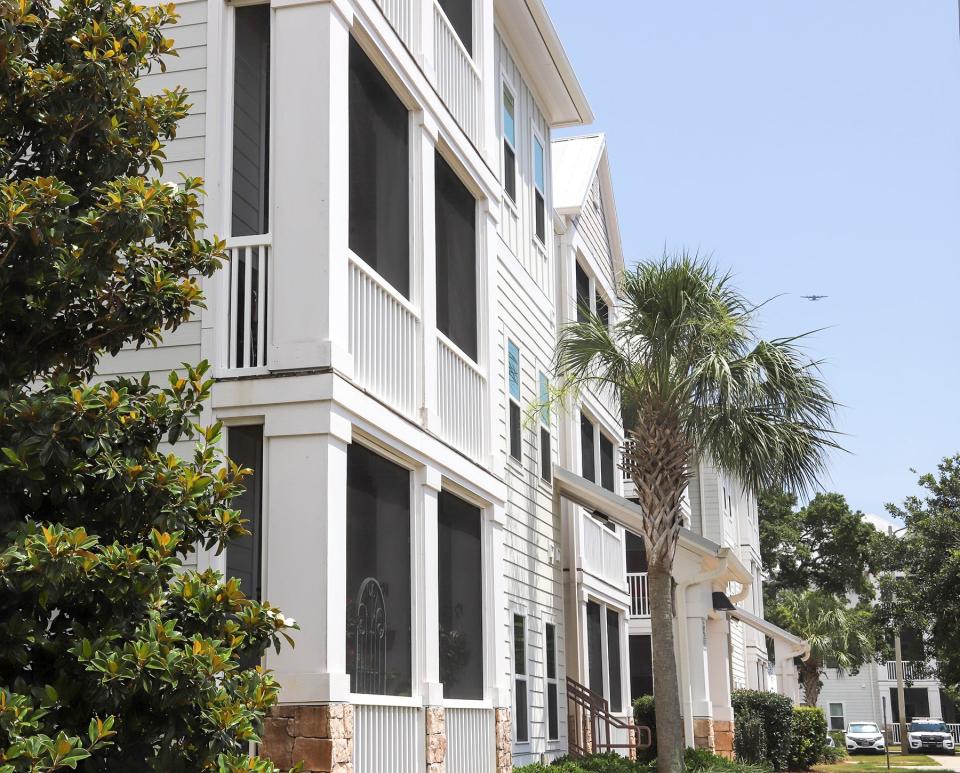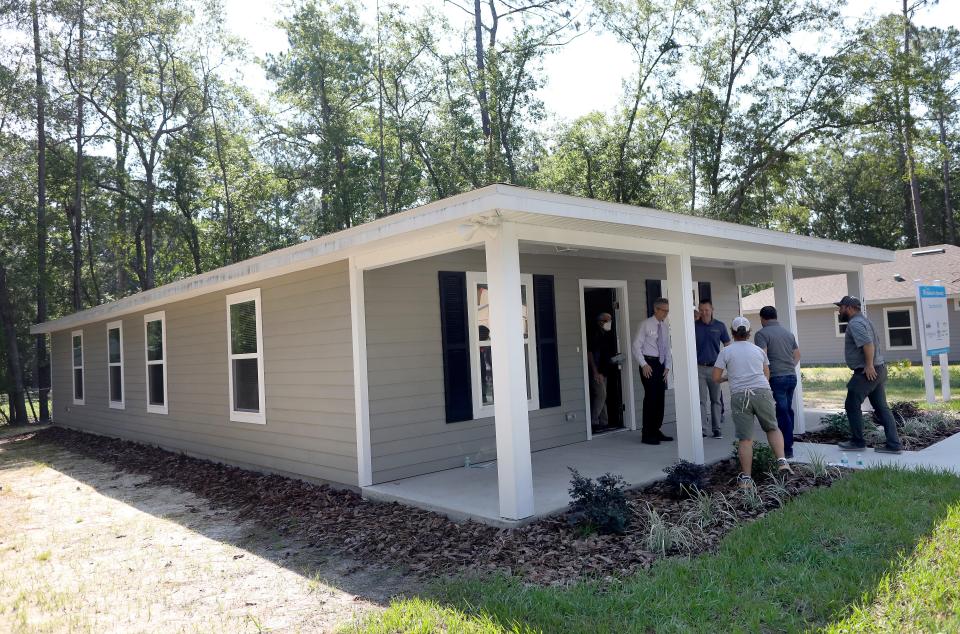City forces public to subsidize developers
The provision of more affordable housing is a worthy goal. However, this Gainesville City Commission majority (Lauren Poe, David Arreola, Adrian Hayes-Santos and Reina Saco) has chosen a path to force the public to subsidize developers. Unfortunately, they have not disclosed this to the public.
In 2019, the Florida Legislature adopted HB 7103, which gave local governments the authority to adopt required inclusionary zoning. An “inclusionary housing ordinance” can require a developer to include a specified number or percentage of affordable housing units in a development. It can also allow a developer to contribute to a housing fund or other alternatives in lieu of building affordable housing units.

Codified in Florida Statutes as 166.04151 for municipalities, this bill also states that:
“In exchange for a developer fulfilling these requirements, a municipality must provide incentives to fully offset all costs to the developer of its affordable housing contribution or linkage fee. Such incentives may include, but are not limited to:
(a) Allowing the developer density or intensity bonus incentives or more floor space than allowed under the current or proposed future land use designation or zoning;
(b) Reducing or waiving fees, such as impact fees or water and sewer charges; or
(c) Granting other incentives.”
In an example 100-unit market-rate development with a 10% inclusionary requirement: The local government would need to “fully offset all costs to the developer” associated with the 10 required affordable units.
Who pays if the developer does not? All of us taxpayers.

A more affordable option for us all would be for the City Commission to instead embark on a partnership with local organizations to develop its own affordable housing units for sale and/or rental. Any fees or costs waived as a public purpose would be clearly specified, and the City Commission could better control design and costs of the housing.
All our local governments should have an inventory of their publicly owned land. As has occurred elsewhere, University of Florida students could contribute architectural drawings. Community organizations have volunteers and expertise, and willing developers could voluntarily choose to participate. Habitat for Humanity has a successful and sustainable model for doing just that.
Penny Wheat is a former Alachua County commissioner.
Join the conversation
Share your opinion by sending a letter to the editor (up to 200 words) to letters@gainesville.com. Letters must include the writer's full name and city of residence. Additional guidelines for submitting letters and longer guest columns can be found at bit.ly/sunopinionguidelines.
Journalism matters. Your support matters.
Get a digital subscription to the Gainesville Sun. Includes must-see content on Gainesville.com and Gatorsports.com, breaking news and updates on all your devices, and access to the eEdition. Visit www.gainesville.com/subscribenow to sign up.
This article originally appeared on The Gainesville Sun: Penny Wheat: Gainesville public forced to subsidize developers

